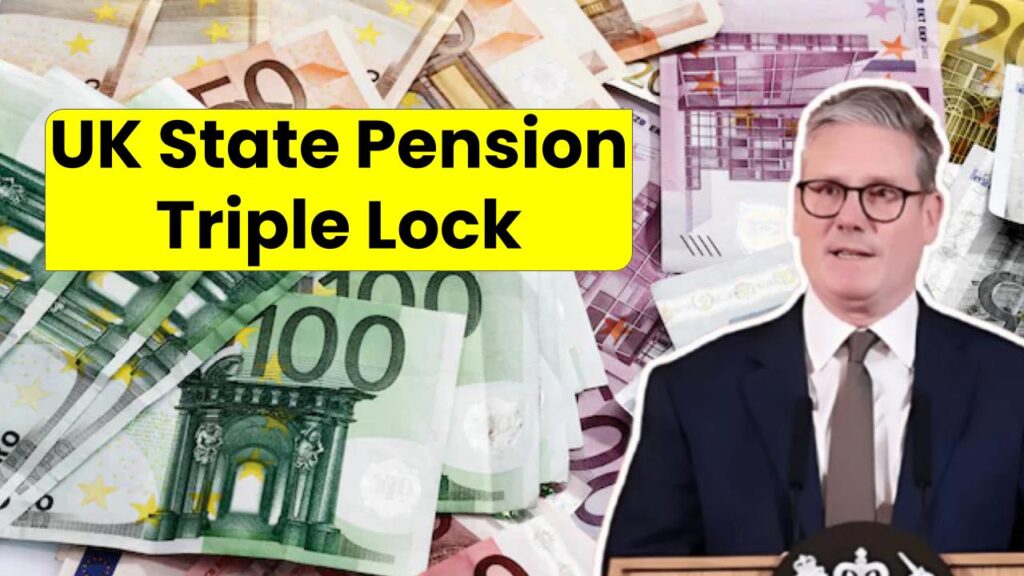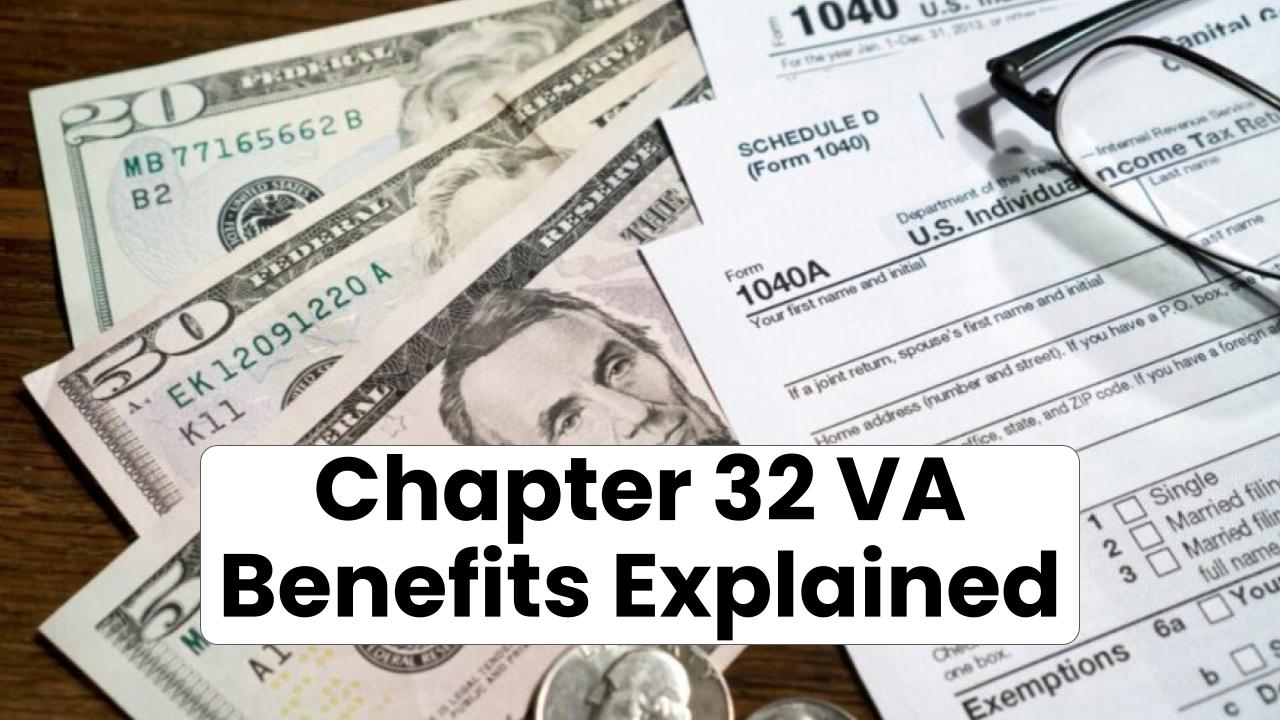The UK State Pension Triple Lock has been a topic of discussion for years, especially now, as many wonder whether the increase set for 2025 will go ahead as planned. The Triple Lock system, which guarantees pensioners an annual increase based on the highest of inflation, wage growth, or 2.5%, is under growing scrutiny. Some even question if the 2025 increase could be slashed due to rising costs and financial concerns. But what exactly does this mean for you? How likely is it that your pension increase will be affected?

UK State Pension Triple Lock
| Key Aspect | Details |
|---|---|
| Triple Lock | A guarantee that pensions will increase by the highest of inflation, wage growth, or 2.5%. |
| Cost Projections | State pension spending may increase from 5% to 7.7% of GDP by the 2070s. |
| Proposed Changes | The government may consider shifting to a “double lock,” excluding the 2.5% minimum. |
| Potential Pension Reforms | Alternatives like adjusting pension increases could lower future financial pressures. |
| Impact on Expats | 450,000 British pensioners abroad may see no increase in their pensions. |
The UK State Pension Triple Lock is at a critical crossroads. While it has been a vital safety net for pensioners over the years, the increasing financial pressures make it likely that reforms will be considered. Whether you are relying on the state pension for retirement or planning ahead for your financial future, it’s important to stay informed and explore additional retirement options.
What Is the UK State Pension Triple Lock?
The Triple Lock is a system that guarantees UK state pensioners will see an increase in their pensions every year. This increase is based on the highest of three factors:
- Inflation – The rise in living costs as measured by the Consumer Prices Index (CPI).
- Wage Growth – The increase in average earnings across the UK.
- 2.5% Minimum – Even if inflation or wage growth is lower, pensions will always increase by at least 2.5%.
This mechanism, introduced in 2012, was designed to protect pensioners from inflation and ensure their income kept up with the rising cost of living. At first, it was a revolutionary approach, ensuring that the most vulnerable in society wouldn’t fall behind financially.
Why Is the Triple Lock at Risk?
While the Triple Lock has been beneficial to pensioners, its long-term sustainability is being questioned. Over the years, the cost of the Triple Lock has surged due to several factors. The major factor is inflation, which in recent years has been significantly higher than expected. For example, inflation in 2022 reached 10.1%, which meant pensioners received a substantial increase based on this high number.
The rising cost of maintaining the Triple Lock system is alarming. In 2025, the government anticipates spending an estimated £15.5 billion more on pensions than originally planned, largely due to the higher-than-expected increases driven by inflation and wage growth. This has caused financial experts, including those from the Office for Budget Responsibility (OBR), to warn that if these trends continue, pension spending could rise from 5% to 7.7% of GDP by the 2070s.
With the UK’s overall debt and budget deficits growing, the government is looking at ways to address this increasing financial burden. Cuts or adjustments to the Triple Lock system are becoming more likely, particularly as economic pressures mount.
Possible Alternatives to the Triple Lock
In response to these concerns, there are several potential alternatives to the Triple Lock that have been discussed in the political arena.
- Double Lock: This system would link pension increases to either inflation or wage growth, but not both, excluding the 2.5% minimum increase. This would reduce the impact of high inflation years but still ensure pensions rise with either inflation or wages.
- Capping Increases: Another potential reform would see pension increases capped at a specific limit, regardless of how high inflation or wage growth is.
- Switching to Wage Growth: Some suggest tying pension increases exclusively to wage growth, which historically has been lower than inflation, thus potentially reducing costs.
Each of these proposals has its own pros and cons. For instance, removing the 2.5% minimum would significantly reduce the burden on the state, but it would also lower the standard of living for pensioners, particularly during times of high inflation. The Institute for Fiscal Studies (IFS) argues that abandoning the Triple Lock could ultimately result in a drop in living standards for retirees, which could lead to political backlash, especially among older voters who rely heavily on their pensions.
What Does This Mean for Your 2025 Pension Increase?
If you’re receiving or expecting to receive the UK state pension in 2025, here’s what you need to keep in mind:
- Current Government Commitment: The current government has committed to keeping the Triple Lock until the end of this Parliament. This means that, for now, your pension will be increased based on inflation, wage growth, or 2.5%, whichever is higher.
- Risk of Changes: Although there is no immediate change to the Triple Lock, economic conditions could influence future increases. If inflation or wage growth spikes again, the government may opt to adjust the system to curb the rising costs.
- Financial Planning: Regardless of whether the Triple Lock stays or changes, it’s essential to plan ahead for your retirement. If you’re approaching retirement age, consider looking into other retirement savings options like private pensions or investments to ensure that you have a more secure financial future.
Impact on Expats
A lesser-known aspect of the Triple Lock is its effect on pensioners living abroad. Around 450,000 British pensioners living in countries like Australia, Canada, and India receive what is known as a “frozen” pension. This means that their pensions have not increased since they first began receiving them. Despite the UK government’s Triple Lock guarantee for pensioners living in the UK, those living abroad do not benefit from annual increases, creating a significant disparity.
This policy has drawn criticism over the years, with calls for equal treatment for all pensioners, no matter where they live. Some expats argue that the government should address this issue, ensuring that their pensions are subject to the same increases as those living in the UK.
FAQs
1. Will my state pension increase in 2025?
Yes, if the Triple Lock is maintained, your pension will increase based on the highest of inflation, wage growth, or 2.5%. However, future reforms could change this.
2. Why is the government considering changes to the Triple Lock?
The cost of the Triple Lock system has risen dramatically due to higher inflation and wage growth, putting pressure on public finances. The government is exploring ways to reduce this burden.
3. What happens to my pension if I live abroad?
If you live abroad, your pension is frozen, meaning it hasn’t increased since you first began receiving it. This is a source of ongoing debate and criticism.
4. How can I ensure a comfortable retirement?
It’s wise to diversify your retirement savings by considering private pensions, investments, or other savings options to complement your state pension.








